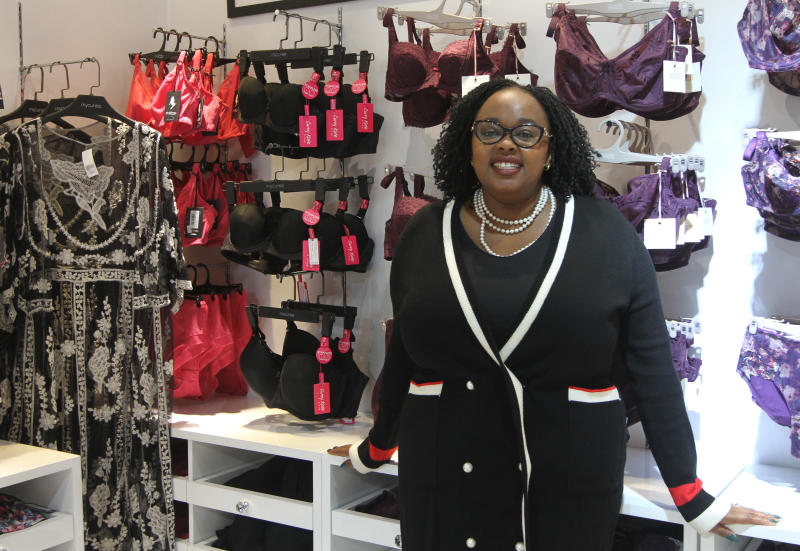×
The Standard e-Paper
Kenya’s Boldest Voice

Wendy Waweru’s lingerie business was born out of her struggles to find the right bra size for her full bust.
Previously, she’d wait for friends travelling abroad or shop in Nairobi’s second-hand clothes’ markets to find a bra. The long wait and spotty success left her with self-confidence issues.